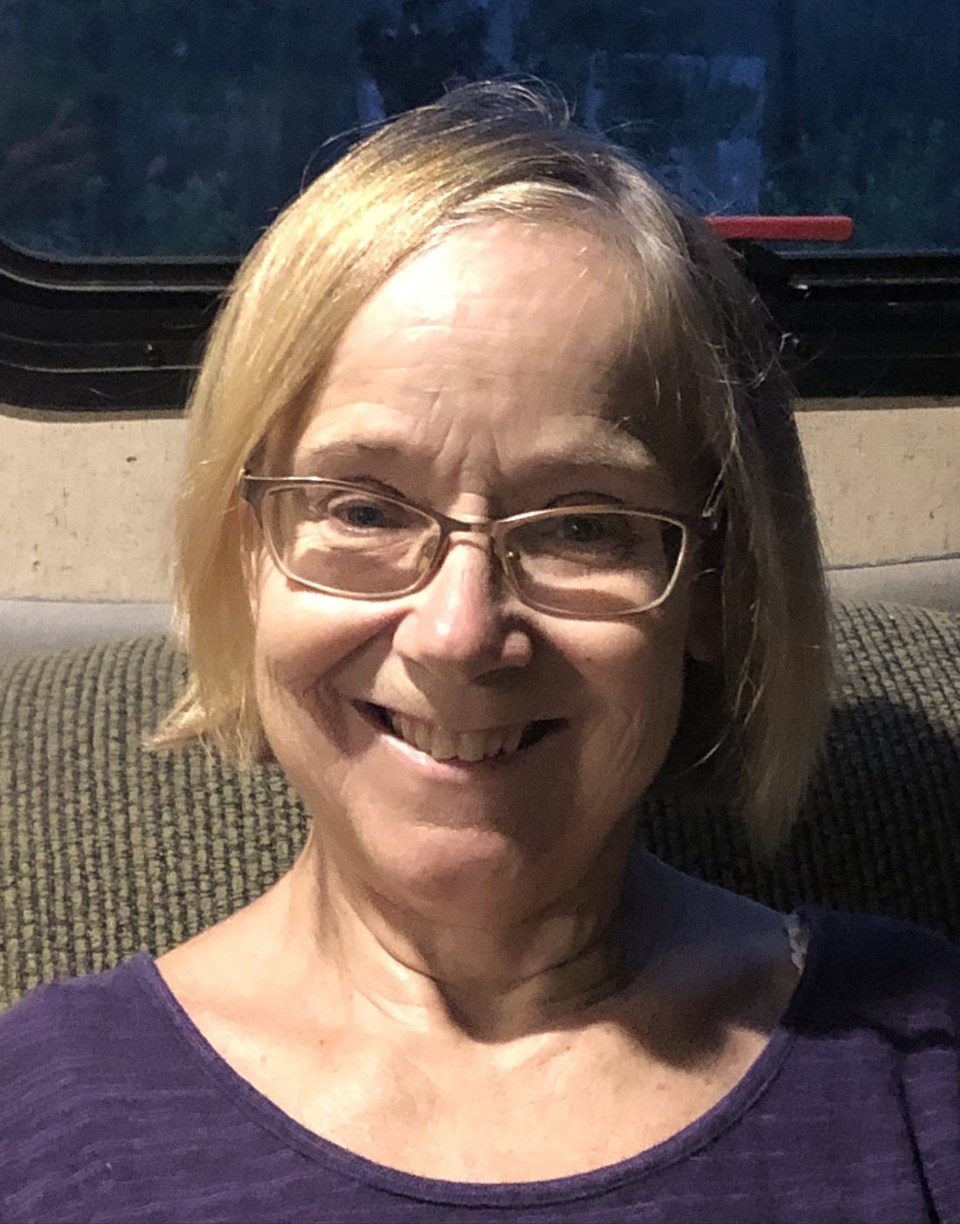The federal government's decision to not provide Novavax's COVID-19 vaccine this respiratory virus season raises health equity concerns, experts and advocates say, as some Canadians look to the U.S. to get the shot.
The Public Health Agency of Canada said it won't provide the protein-based vaccine called Nuvaxovid because the manufacturer required a minimum order that far exceeds last year’s uptake of the vaccine.
The health agency said 125,000 Nuvaxovid doses were ordered in 2023, but only 5,529 were administered. This fall, it will only supply provinces and territories with the reformulated Pfizer-BioNTech and Moderna mRNA COVID-19 vaccines.
But some Canadians who say they are immunocompromised and have had adverse reactions to the mRNA vaccines are calling the decision unfair.
Among them is 64-year-old Linda Wilhelm, who has rheumatoid arthritis and takes immunosuppressive drugs for the chronic inflammatory disorder. The Bloomfield-N.B. resident said she received six mRNA COVID-19 vaccines over a three-year period, but her last shot caused a flare-up in her joints that lasted eight months.
Wilhelm said the flare-up was so bad that she even had trouble brushing her hair or chopping vegetables.
After searching for Nuvaxovid at various pharmacies and public health clinics, she said she eventually got a dose in April at a pharmacy in Saint John, N.B., and had no adverse reactions.
“And now, again, I have no options,” Wilhelm said, adding that she's considering driving across the border to Maine to get the updated Nuvaxovid shot.
Barry Hunt made the cross-border trip last month from Port Ryerse, Ont., to a pharmacy near Buffalo, N.Y., where he paid US$200 to get the Novavax vaccine.
The 61-year-old, who has a lasting joint infection from a knee surgery complication, said he had a six months-long adverse reaction to his fourth mRNA shot that caused tightness in his chest and fatigue.
But he acknowledged that most people seeking Nuvaxovid don't have the means to travel to the U.S. to get it.
“I think it's unfair to people who can't afford it. I think it's ridiculous to both pay taxes here in Canada for universal health care under the Canada Health Act and not be able to access a non-mRNA vaccine,” Hunt said.
Angela Rasmussen, a virologist at the University of Saskatchewan's Vaccine and Infectious Disease Organization, said some people may be sensitive to some components of mRNA vaccines but overall they are safe for immunosuppressed people.
“It’s disappointing that Novavax won’t be available here because I think it could increase vaccine uptake just by virtue of overcoming objections to mRNA vaccines, whether based in truth or not,” she said in an email.
Other experts say research also shows that, except in very rare circumstances, it is safe for people taking immunosuppressive drugs to get an mRNA vaccine, even though some patients report flare-ups of their conditions.
Specialists often ask patients with autoimmune diseases to stop taking their medications while they get vaccinated to ensure they can mount a good immune response, and the absence of medication may be what’s actually triggering the flare-ups rather than the mRNA vaccine itself, said Dawn Bowdish, an immunology professor at McMaster University in Hamilton.
Still, Nuvaxovid is “clearly less what we call reactogenic, meaning you're less likely to feel poorly or have a sore arm or have any of those side-effects that some people ... get from vaccines,” said Bowdish, who has worked with immunocompromised people in clinical studies on mRNA vaccines.
Novavax’s vaccine, reformulated to target the recently circulating JN.1 subvariant of Omicron, was authorized by Health Canada in September.
People who have concerns or had a bad immunization experience should have access to Nuvaxovid, Bowdish said, because it’s crucial they get some kind of vaccination against COVID-19, which is especially dangerous for the immunocompromised.
The Public Health Agency of Canada said people worried about getting an mRNA vaccine should consult their health-care provider.
Those who are medically unable to receive an mRNA vaccine should protect themselves by practising hand hygiene, wearing a well-fitting mask and improving indoor ventilation, the agency said.
“That response is absolutely appalling,” said Michelle Burleigh, co-chair of the Canadian Immunocompromised Advocacy Network, which sent a letter to the federal government in July urging it to procure Novavax.
“It's great if somebody has the financial means and ability to travel to the U.S., but this causes a real health equity issue because there are a lot of Canadians who are not in a position to afford $200 for a vaccine in the United States or have the ability to get there.”
Bowdish said she’s also aware of people travelling to the U.S. to get Nuvaxovid and that’s “really problematic.”
Although the latest data suggest flare-ups of certain conditions are unlikely to be a direct result of the mRNA vaccine, it's still important to accommodate patients, she said.
“If a person's personal experience was, ‘I got vaccinated and I had a flare that put me in bed for two months and ... I missed a part of life,’ how on earth do you counter that while being respectful over their autonomy and knowing their own bodies?”
This report by The Canadian Press was first published Oct. 3, 2024.
Canadian Press health coverage receives support through a partnership with the Canadian Medical Association. CP is solely responsible for this content.
Hannah Alberga and Nicole Ireland, The Canadian Press




